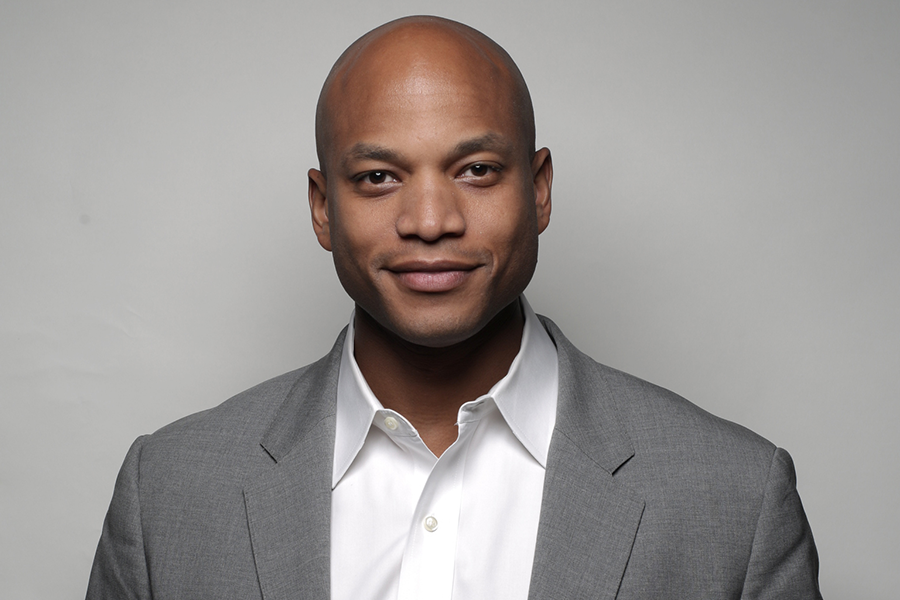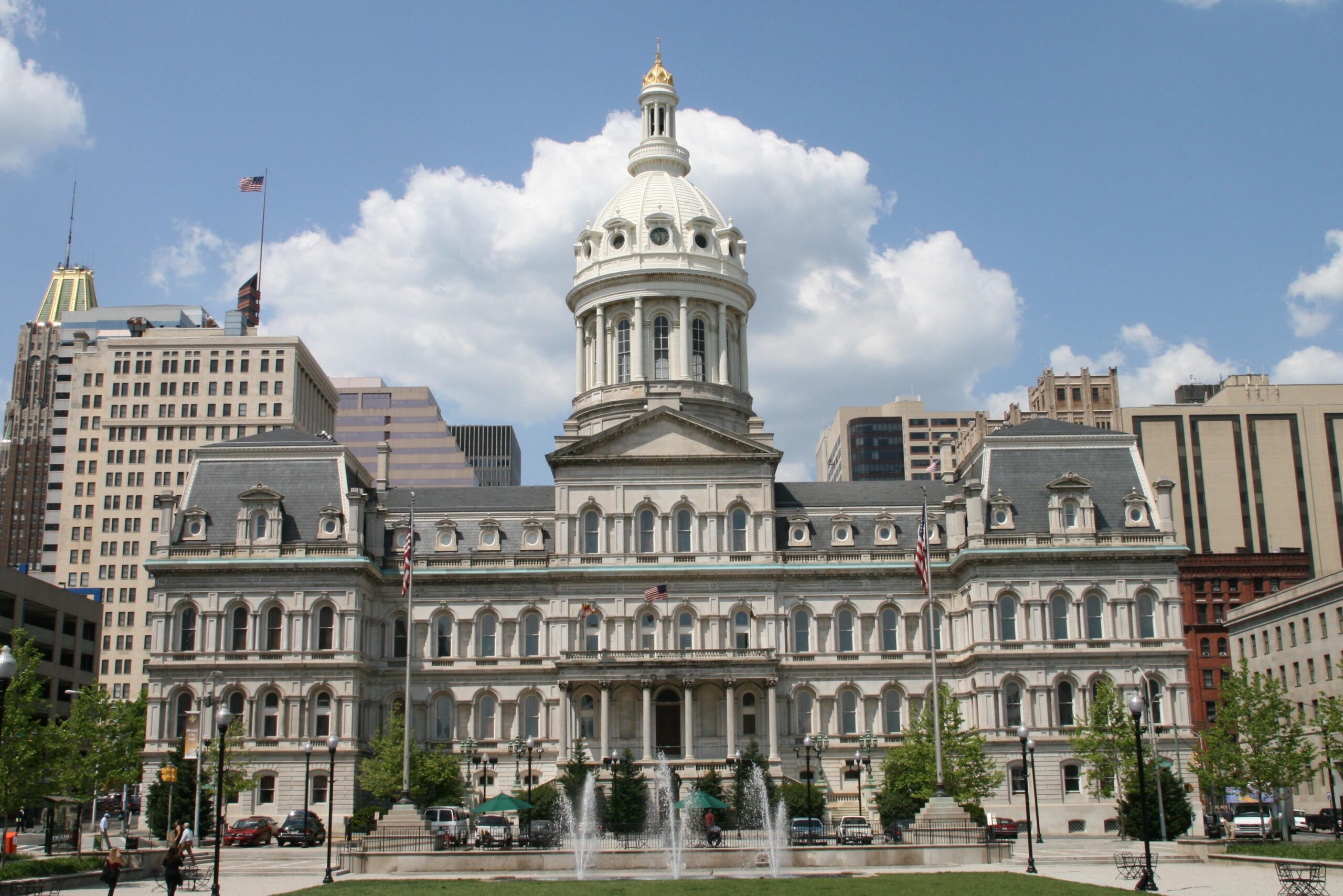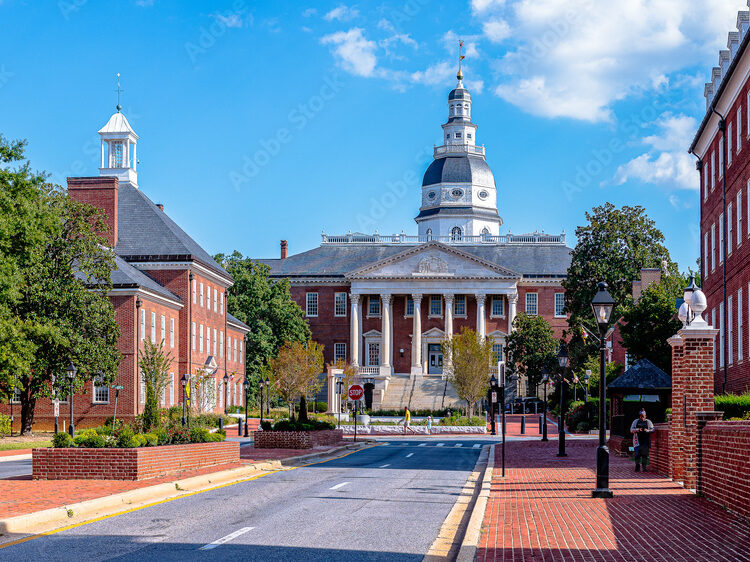Wes Moore endorsed by two top Baltimore-area elected officials
Former nonprofit chief and best-selling author Wes Moore on Tuesday picked up support from state Senate President Bill Ferguson (D-Baltimore City) and U.S. Rep. Kweisi Mfume (D-Md.), two influential leaders in the Baltimore region, in his quest to become Maryland’s next governor. The endorsements come just weeks ahead of the July 19 primary, with Moore locked in a crowded battle for the Democratic nomination, and polls showing a swath of undecided voters — making the contest a jump ball for the well-funded front-runners.


